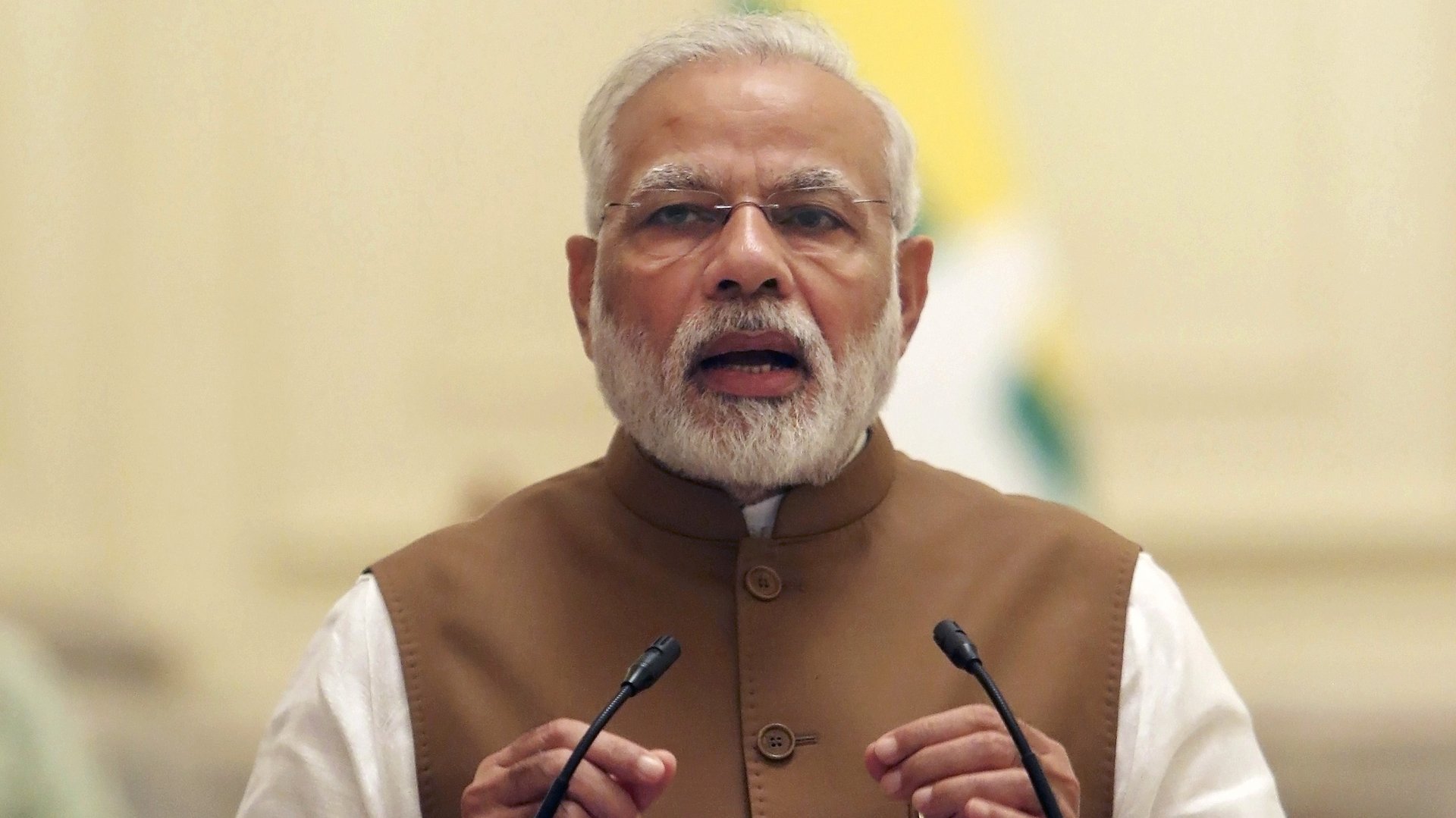Is Narendra Modi afraid of young women asking for their rights?
Sexual harassment of the sort that Banaras Hindu University (BHU) students have described is very real. It is an everyday fact in women’s lives in India. That women are not willing to treat it as normal or acceptable or keep quiet about it is a sign of their empowerment.


Sexual harassment of the sort that Banaras Hindu University (BHU) students have described is very real. It is an everyday fact in women’s lives in India. That women are not willing to treat it as normal or acceptable or keep quiet about it is a sign of their empowerment.
Women’s empowerment is something that all governments claim they want. The BHU vice-chancellor and the administration he leads, however, believe that young women who raise the stakes in their battle for security are “anti-national” forces, and their protest is the “work of propagandists” who are “completely political” and targeting the prime minister.
But BHU is in Narendra Modi’s parliamentary constituency. For better or worse, he represents the women who study there and live in its hostels. So even if their protest was in order to draw his attention to their situation, they were well within their rights to do so. The vice-chancellor seems not to understand this. What is worse, neither does Modi.
We are constantly told that the prime minister is a leader of men. That seems to be literally true. Apart from slogans about women’s empowerment in empty set-piece speeches, he cannot find it in himself to utter a word in support of women and their protests against the very real problems they face.
As in the past, when it comes to cases of assault on women, the prime minister has kept quiet, going about his business as if nothing has happened. In Varanasi, he was inaugurating cow health camps and sewage pits.
Idea of honour
While young women in his constituency were pleading for safety on a university campus, the prime minister and MP for Varanasi was patting himself on the back for doing “seva of cows”—as an illustration of politics that goes beyond votes (“We don’t fix our priorities according to votes… These animals are not anybody’s voters”). While young women in his constituency were calling for protection from assault, he was celebrating toilets as “izzat ghars,” or places that safeguard Indian women’s “honour.”
Where is honour if your basic rights under the constitution are violated every day? Women in BHU are not short of toilets, but their rights as citizens are dishonoured daily. The least they can expect from their MP is an affirmation that women have a right to be safe everywhere, and especially in his constituency. They have a right to expect that he will spare a word for them, along with cows and commodes.
Instead, their MP, India’s most powerful politician, had his route through the town changed so he did not have to pass the university gate and come face to face with these young women. When an MP avoids his own constituents, the question arises: is he scared of them? Does Modi fear young women asking for their rights? Or, is it just that in his reckoning cows deserve more attention than women?
This post first appeared on Scroll.in. We welcome your comments at [email protected].